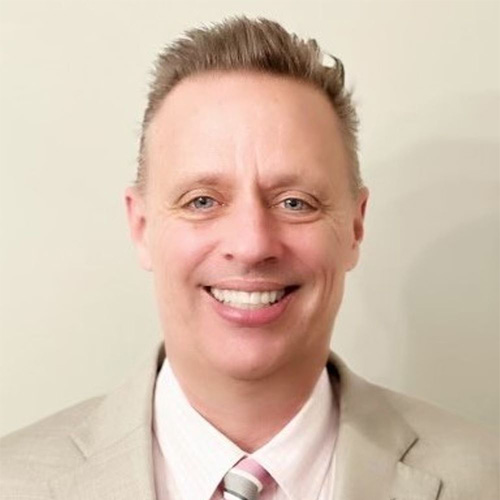We ‘Deep Dive’ with Gordon Johnson, Senior CFD Manager at Subzero Engineering, who tells us more about life inside and outside the office.

What would you describe as your most memorable achievement in the data centre industry?
It’s hard to settle on just one memorable event, but I fondly recall working on a project for a large data centre customer that was still in the design phase. My modelling showed that with some simple design changes, the customer could increase supply temperatures and lower airflow, resulting in an annual savings of approximately US$400,000. The customer made the recommended changes from the modelling and about two years later after the facility was up and operating, I received a call, claiming my energy savings and annual operating costs were on the conservative side. They estimated they had saved closer to US$500,000 in operating costs in just one year and had simultaneously made a major impact in reducing their CO2 footprint.
This is not a one-time event either. I’ve been in the industry for over 30 years, and I can honestly say that anytime I can help data centre operators and managers understand and save on their TCO by operating their data centre as efficiently as possible is always a memorable moment.
What first made you think of a career in technology/data centres?
I started doing Disaster Recovery work in data centres, but soon found my passion was in the design and operation of energy-efficiency data centres. This led me to reach out and obtain various certifications to help to help our industry become as sustainable and green as possible.
What style of management philosophy do you employ in your current position?
I believe that a successful manager needs to possess effective communication and listening skills, and I try to apply these skills whether I’m managing or being managed. In addition, I strongly believe in the importance of showing respect to others, which includes valuing others’ beliefs, contributions and ideas. I’ve seen firsthand that this results in increased productivity, improved employee and team morale and helps reduce turnover. Well-respected employees are happier, more productive and tend to work harder with a greater sense of pride in their work. You can never go wrong when it comes to listening, communicating and showing respect to others.
What do you think is the current hot talking point within the data centre space?
One hot topic is AI, and some form of liquid cooling will be needed to cool our next-generation data centres. While AI requires significant computing power, the reality is that it currently represents a small fraction of ITE’s global energy consumption, although that’s expected to change and increase in the next five years. Therefore, to offset the environmental impact of AI, greater control over data centre energy consumption will increasingly become a top priority. We’re also going to want to look at our data centre designs and especially our cooling from a holistic approach as opposed to the current one-size-fits-all all perspective.
How do you deal with stress and unwind outside the office?
Volunteer work has always been an important part of my life, and I find any opportunity to work with and help others to be one of the greatest stress reliefs available. I also believe that exercise on a regular basis is a big stress reliever, so I try to stay as active as possible during downtime. I love to play tennis, and run a few local 5k events each year – and nothing helps me unwind more than daily long walks with my dog.
What do you currently identify as the major areas of investment in your industry?
We’re going to need to get serious and give more attention to sustainability in our industry. This includes avoiding the ‘rip and replace’ mentality where we’re constantly replacing our cooling and ITE every few years. Smart investing and positive sustainability practices include properly specifying our hardware and cooling to last at least 10 years. In addition, if we’re planning on moving towards some form of liquid cooling during that time period, we’ll want to focus on what type of technology works best for our business case, both now and in the future.



